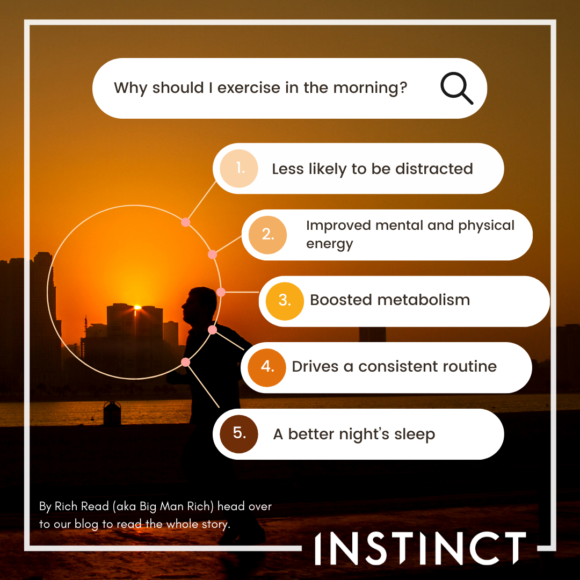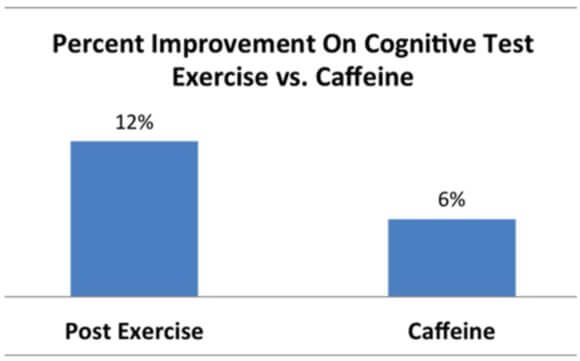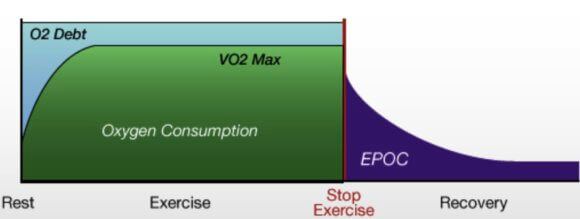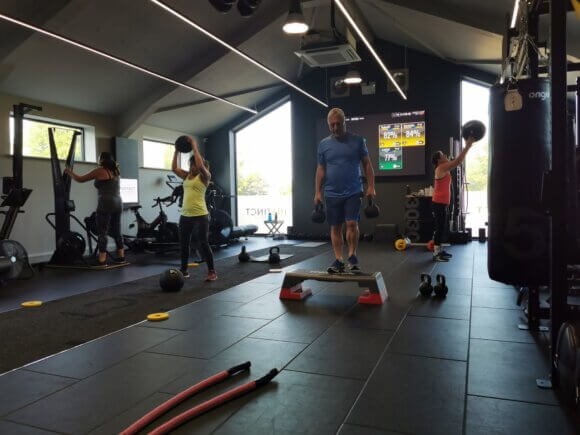

By Rich Read (aka Big Man Rich)
We’ve all been there, the 6am alarm goes off, and the warm duvet seems like the better option…
We go to sleep fired up to get going on that gym session in the morning, before work, start the day right and all that. Then you see it’s still dark outside, the wind is whipping around the house and the duvet seems like the better option and you will get a gym session in later on after work.
Then someone suggests dinner out, or you remember your favourite soap is on and you lose a day’s training.
I am going to share with you the benefits associated with early morning exercise, and how to get going with a new approach and stick to it.

My research has shown that the 5 most common benefits to early morning exercise are:
Working out in the morning ensures that you don’t interrupt your workout schedule with other daily tasks that can seem more pressing.
For example, if you exercise in the evening you run the risk of being late from work, feeling overloaded with errands that must be done, or saddled with other unexpected to-do items. There goes your workout.
At other times you may simply feel too tired to exercise by the end of a long day. But, in the morning there is nothing to distract you from getting down to business. Exercise will be your first priority and it will get done.

Movement can be a tremendous source of energy, something many of us need when we start our day. Beyond that, morning exercise has been shown to improve focus and mental abilities all day long.
Not only will you feel awake and have more energy after your workout, but your mind will be ready to take on whatever tasks you have lined up that day.
Research has measured the effectiveness of exercise to “wake up” the mind, and the results show that it does a better job than coffee! In the study, two sets of participants were either asked to exercise for 30 minutes or drink a cup of coffee. Both groups were tasked with completing a test exercise to challenge their cognitive ability. Those in the “exercise” group showed twice the improvement of those in the “coffee” group.

Excess Post-exercise Oxygen Consumption (EPOC) is a buzz word in the fitness industry. Basically it means that your body burns more calories after your workout, even when you’re sitting at a desk or driving in your car. One study showed that participants burned an extra 190 calories in the 14 hours after exercise when compared to those who didn’t exercise at all!

Waking up early in the morning to exercise places a high priority on physical fitness. Whether you are aware of it or not, committing to something (morning exercise) that requires personal sacrifice (sleeping in) creates a compelling argument in your mind that says: “it better be worth it!”.
Nobody wants to wake up early every morning to exercise if they aren’t going to see results. The sacrifice required will subconsciously prompt you to work harder and look for other ways to support your exercise results, helping you commit to the process over a longer period of time (hopefully for life!).
This goal-oriented mindset is fostered by the sacrificial habit of morning exercise. Also making this one change has a far reaching impact on how you approach the rest of your life too.
Waking up early in the morning to exercise will in turn help you sleep better. Your body will enjoy a healthy sense of fatigue at the end of the day and will be ready to sleep.
Morning exercise not only improves the length of sleep you will enjoy, but also your quality of sleep by promoting deeper sleep cycles. A recent study had participants exercise at 7am, 1pm, or 7pm 3 days per week. The study results showed that those people exercising at 7am had longer and deeper sleep than those in either the 1pm or 7pm groups.
Exercising in the evening can actually have the opposite effect on how well you sleep. Exercise is a form of stress, and your body reacts to stress by releasing hormones including adrenaline which will keep your body in a state of alertness for longer periods of time.

So, we have the benefits, but how can you make some small changes to your existing routine?
Here are my top tips for getting into morning exercise and staying on it:
If you have a hard time waking up in the morning, set a loud alarm and place it all the way on the other side of the room. A gentle buzz from your mobile beside the bed won’t cut it. Force yourself to get up.
Don’t go to the lovely warm snooze inducing shower or sit down to a hearty breakfast, get into that exercise gear you laid out the night before and get to the gym.

Doing something tough like waking up early to exercise (even coaches struggle with this sometimes, believe me) can be made so much easier by having something to look forward to.
Book onto your favourite class, hit the treadmill to your favourite running playlist, or meet your gym buddies for a session followed by coffee and a catch up afterwards.
Nobody has 2 hours first thing in the morning to spend at the gym. Aim for sessions of between 40 minutes and 1 hour in duration, then shower and head to work.

Before your session, eat a small carb dense meal – perhaps half a banana
Hydrate before during and after your session (aim for between 350 – 700ml of water intake during your session)
Feast post workout, ensuring a good balance of nutrient dense carbs, proteins and healthy fats.
Remember, we have Fuel Coffeehouse + Kitchen on site, the perfect place to refuel in a healthy way after your workout.
Get started with Instinct in Tarporley.
By continuing to use the site, you agree to the use of cookies. more information
The cookie settings on this website are set to "allow cookies" to give you the best browsing experience possible. If you continue to use this website without changing your cookie settings or you click "Accept" below then you are consenting to this.